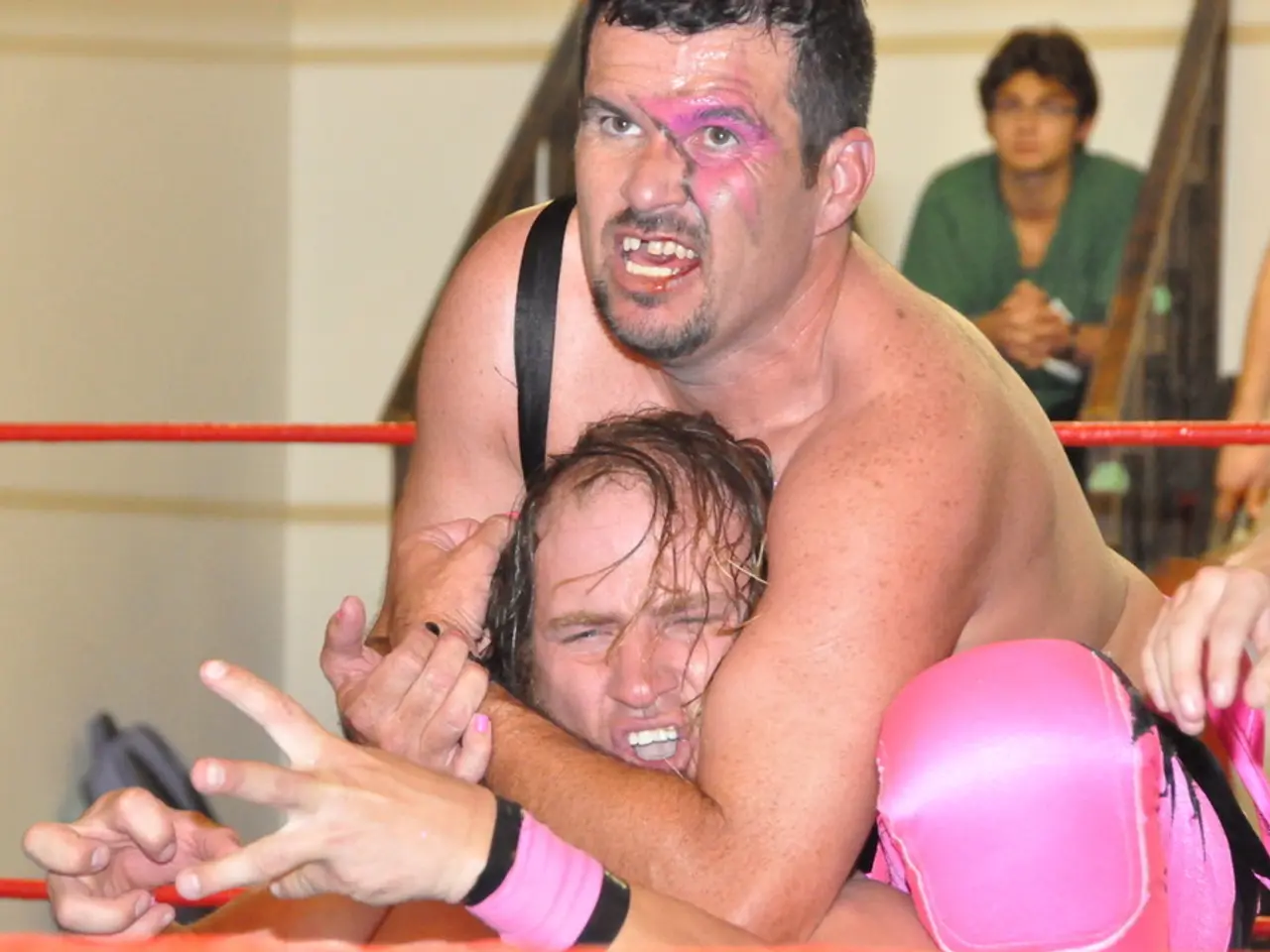Boxer perishes from brain trauma following combat in Tokyo
In a tragic turn of events, Japanese lightweight boxer Hiromasa Urakawa passed away at the age of 28 on Sunday. The news of his death was announced by the World Boxing Organisation (WBO).
Urakawa, who had fought professionally 14 times with 10 wins, 4 losses, and 7 knockouts, was competing at Korakuen Hall in Tokyo when he sustained fatal injuries during a bout with Yoji Saito on 2 August.
This tragic incident occurred just days after another Japanese boxer, Shigetoshi Kotari, died due to brain injuries sustained at the same event in Tokyo. Kotari, a Tokyo featherweight, had fought professionally 12 times with 8 wins, 2 losses, and 2 draws, and 5 knockouts. Yamato Hata was Kotari's opponent in the fatal bout.
The Japanese Boxing Commission has announced that all Oriental and Pacific Boxing Federation title fights will now be 10 rounds instead of 12, in an effort to reduce the risk of brain injuries in boxing.
Brain injuries in boxing are primarily caused by repeated blows to the head, especially from punches targeting the head, which create rotational forces that shear brain cells and tear blood vessels. These injuries can cause concussions, sub-concussive impacts, and potentially lead to chronic traumatic encephalopathy (CTE), a neurodegenerative disease linked to repeated head trauma.
Following the deaths of Hiromasa Urakawa and Shigetoshi Kotari, a focus on safety measures is critical. Key safety measures to reduce brain injury risk in boxing include limiting head impacts during training, strict concussion protocols, the use of protective equipment, innovative protective gear such as headbands with brain protection technology, rule changes and enforcement to reduce the number and severity of blows to the head, and education of athletes and trainers about concussion symptoms and the risks of repetitive brain trauma.
Because boxing deliberately targets the head, there is ongoing medical debate and calls for enhanced safety oversight or even banning the sport due to its association with brain degenerative diseases like CTE.
The WBO and the Japanese Boxing Commission have expressed their mourning over the passing of Hiromasa Urakawa. As the boxing community mourns, it is crucial to remember the importance of prioritising safety measures to protect the health and well-being of all boxers.
Sports, in their competitive nature, can come with significant risks, as exemplified by the tragic deaths of Japanese boxers Hiromasa Urakawa and Shigetoshi Kotari. To mitigate such risks, particularly brain injuries, it is essential to implement safety measures such as limiting head impacts during training, strict concussion protocols, and the use of protective equipment.







